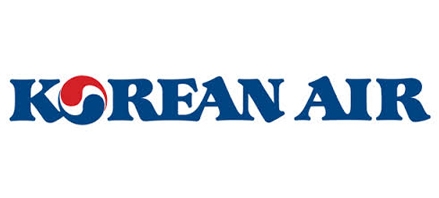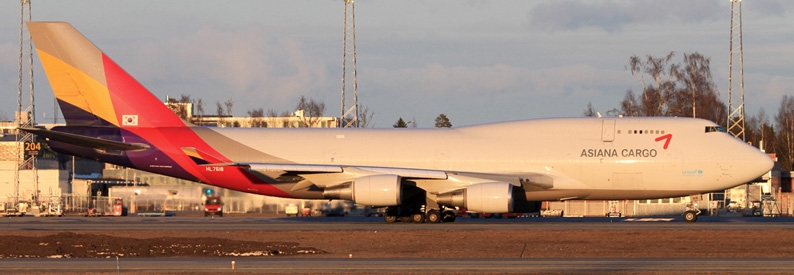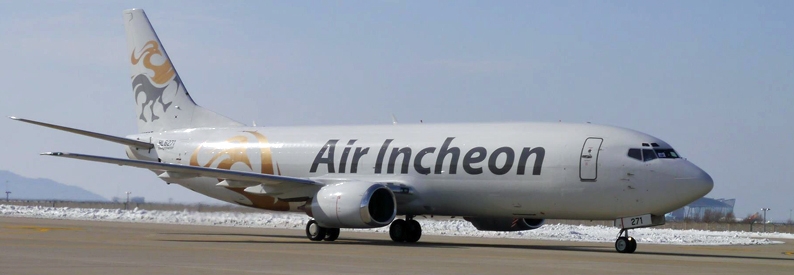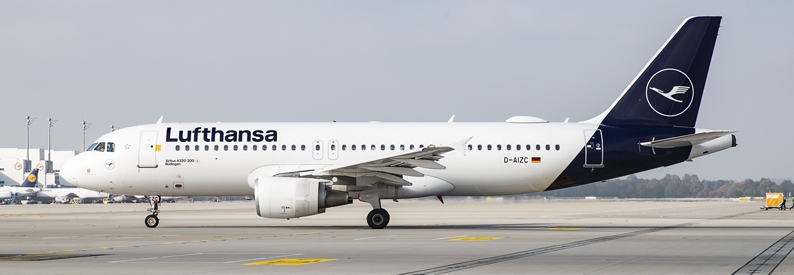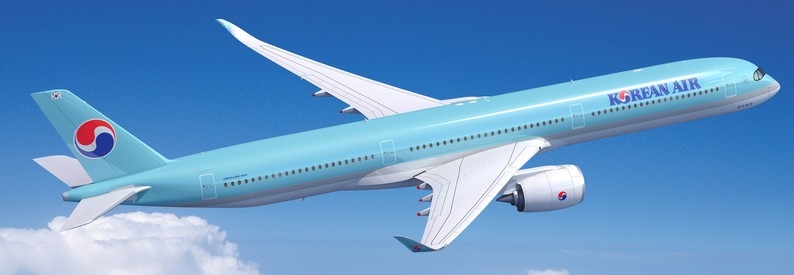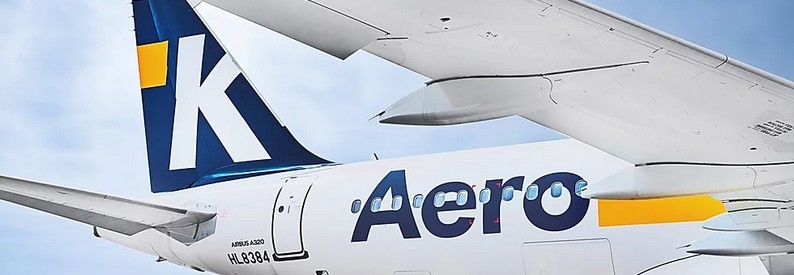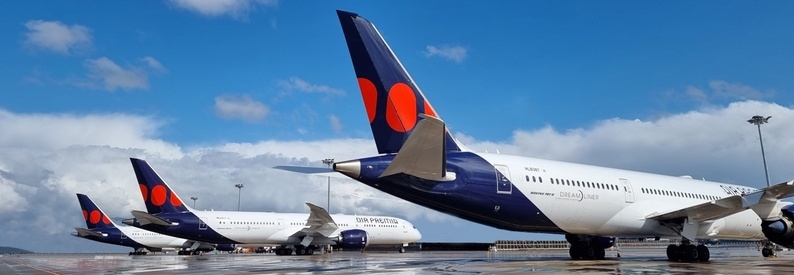The South Korean Ministry of Land, Infrastructure, and Transport (MOLIT) has announced that nine B737NGs have been grounded in the country after inspections revealed cracks in the so-called pickle fork area, a region of the airframe that connects the wing to the fuselage.
The ministry said that out of the nine grounded B737NGs, five are operated by Korean Air (KE, Seoul Incheon), three by Jin Air (LJ, Jeju), and one by Jeju Air (7C, Jeju).
ch-aviation analysis of Flightradar24 ADS-B data indicates that Korean Air currently has five inactive B737-900s: HL7569 (msn 29987), HL7704 (msn 29989), HL7705 (msn 29990), HL7707 (msn 29992), and HL7708 (msn 29993). In total, the carrier operates nine B737-800s, sixteen -900s, six -900(ER)s, and a single B737-700BBJ.
Korean Air subsidiary Jin Air currently has four out of its twenty-two B737-800s on the ground: HL7555 (msn 30230), HL7556 (msn 28615), HL7558 (msn 28625), and HL8225 (msn 38823).
MOLIT said that so far, 42 aircraft out of the total of 150 B737NGs operated in the country have been inspected.
Meanwhile, Ryanair (FR, Dublin International) repositioned two of its B737-800s, EI-DAL (msn 33718) and EI-DCL (msn 33806) via Bangor to Victorville over the course of October 26-27, 2019, presumably for pickle-fork-related repairs.
The Irish LCC did not respond to ch-aviation's question seeking clarification.
The groundings resulted from inspections mandated by the Federal Aviation Administration on October 2, 2019. The authority ordered immediate inspections within seven days of all B737NG aircraft which have already accumulated at least 30,000 flight cycles. The remaining narrowbodies have to be inspected prior to the accumulation of 22,600 total flight cycles, or within 1,000 flight cycles after the effective date of the directive.
